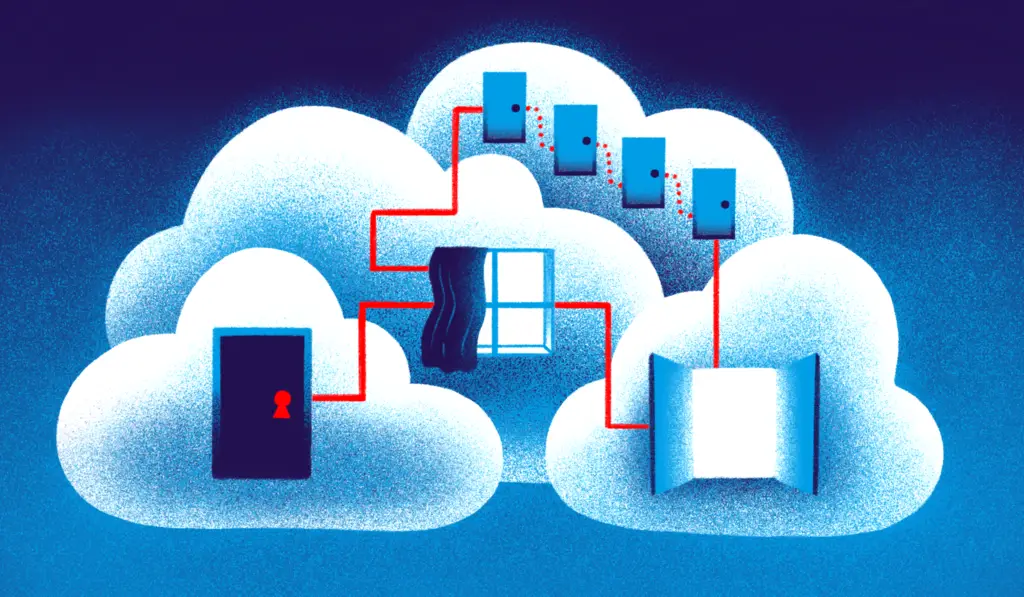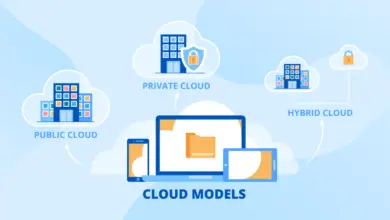Data Privacy and Compliance in the Era of Cloud Storage-Kat Technical
Securing Data in the Cloud: Privacy and Compliance Essentials

Data Privacy: If requirements become more prevalent, it is imperative that organizations understand the intricacies of data privacy and compliance in the era of cloud storage. In this article, we will delve into the key concepts, challenges, and best practices to ensure that your data remains secure and compliant in the cloud.

The Rise of Cloud Storage
Cloud storage has gained immense popularity due to its numerous advantages. It offers cost-effective storage solutions, unlimited scalability, and easy accessibility from anywhere in the world. Whether it’s a small business looking to streamline operations or a multinational corporation managing vast amounts of data, cloud storage has become an indispensable tool. However, with great convenience comes great responsibility.
Data Privacy in the Cloud
Data Ownership and Control: One of the primary concerns in cloud storage is understanding who owns and controls the data. When you store your data in the cloud, it is hosted on servers owned by a third-party provider. This raises questions about data ownership, access rights, and control over your information.
Data Encryption:
Encrypting data both in transit and at rest is essential to protect sensitive information from unauthorized access. Cloud providers typically offer robust encryption mechanisms, but organizations must configure and manage them correctly.
Access Control:
Implementing strict access controls ensures that only authorized personnel can access and modify data stored in the cloud. Role-based access control (RBAC) and multi-factor authentication (MFA) are essential components of access management.
Data Residency:
Different countries have varying laws and regulations regarding data storage and privacy. Organizations must be aware of where their data is stored and ensure compliance with local and international data protection laws.
Compliance in the Cloud
General Data Protection Regulation (GDPR): GDPR, applicable to organizations handling European Union (EU) citizens’ data, has stringent requirements for data protection. Organizations must understand their responsibilities and ensure their cloud storage solutions comply with GDPR.
Health Insurance Portability and Accountability Act (HIPAA):
Healthcare organizations must adhere to HIPAA regulations when storing patient data in the cloud. This includes robust security measures and strict data access controls.
Payment Card Industry Data Security Standard (PCI DSS):
For businesses handling credit card data, adherence to PCI DSS is crucial. Cloud providers must offer PCI-compliant services, and organizations must configure their systems accordingly.
Sarbanes-Oxley Act (SOX):
Publicly traded companies must comply with SOX regulations when storing financial data. This includes data retention and audit trail requirements.
Best Practices for Data Privacy and Compliance in Cloud Storage
Choose a Reliable Cloud Provider:
Selecting a reputable cloud service provider with a strong track record in security and compliance is the first step toward ensuring data privacy.
Data Classification:
Categorize your data based on sensitivity and importance. Not all data requires the same level of protection, so tailor your security measures accordingly.
Regular Audits and Assessments:
Conduct periodic security audits and compliance assessments to identify vulnerabilities and ensure ongoing adherence to regulations.
Employee Training:
Train your employees on data privacy and security best practices to minimize human errors and insider threats.
Data Backup and Disaster Recovery:
Implement robust data backup and disaster recovery plans to protect against data loss and ensure business continuity.
Conclusion
As businesses continue to migrate their data to the cloud, data privacy and compliance have become paramount concerns. Understanding the nuances of data ownership, encryption, access control, and compliance regulations is essential for organizations of all sizes. By following best practices and partnering with reliable cloud providers, businesses can harness the benefits of cloud storage while safeguarding their data and staying in compliance with the ever-evolving landscape of data privacy laws. In this era of cloud storage, data security, and compliance are not optional—they are imperative for the long-term success and trustworthiness of any organization.
FAQs:
What is cloud storage, and how does it work?
Cloud storage refers to the practice of storing data on remote servers hosted on the internet rather than on local hardware. It works by uploading your data to a service provider’s infrastructure, which is accessible via the Internet from various devices.
Why is data privacy important in cloud storage?
Data privacy is crucial in cloud storage because it ensures that sensitive and personal information is protected from unauthorized access, breaches, or misuse. It helps maintain the confidentiality and integrity of data.
Who is responsible for data privacy in cloud storage, the user or the cloud provider?
Both the user and the cloud provider share responsibility for data privacy. Cloud providers typically secure the infrastructure, while users are responsible for configuring access controls and encryption to protect their data.
What is data encryption, and why is it essential in the cloud?
Data encryption involves converting data into a code to prevent unauthorized access. It’s essential in the cloud to ensure that even if someone gains access to the physical servers, they cannot decipher the data without the encryption keys.
How can I ensure compliance with data protection regulations in cloud storage?
To ensure compliance, organizations should choose a cloud provider with built-in compliance features, properly configure access controls, conduct regular audits, and train employees on data protection regulations.
What is GDPR, and how does it impact cloud storage users?
The General Data Protection Regulation (GDPR) is a European Union regulation designed to protect the privacy of EU citizens’ personal data. If you store or process EU citizen data in the cloud, you must comply with GDPR’s stringent requirements for data protection and privacy.
Are there specific cloud storage options designed for highly regulated industries like healthcare or finance?
Yes, there are cloud storage solutions tailored to specific industries, such as healthcare (HIPAA-compliant cloud storage) and finance (PCI DSS-compliant cloud storage). These options offer specialized security features to meet industry-specific regulations.
How can I ensure that my cloud-stored data remains accessible in case of an outage or disaster?
Implementing data backup and disaster recovery plans is essential. Regularly back up your data to secondary locations or data centers and have a clear recovery strategy in place to minimize downtime.
What should I consider when choosing a cloud storage provider for my organization?
When choosing a provider, consider factors such as security measures, compliance certifications, data center locations, scalability, pricing, and their track record for uptime and customer support.
How can I educate my employees about data privacy and security best practices in cloud storage?
Organizations can conduct regular training sessions, provide written guidelines, and offer cybersecurity awareness programs to educate employees about data privacy and security in the context of cloud storage.
What steps can I take to ensure that my organization is always up-to-date with changing data privacy laws and regulations?
Staying informed about regulatory changes is crucial. Organizations can appoint a data protection officer (DPO), subscribe to industry newsletters, and work with legal counsel to ensure ongoing compliance.
Can I use a combination of on-premises and cloud storage while maintaining data privacy and compliance?
Yes, a hybrid approach allows organizations to keep sensitive data on-premises while utilizing the cloud for less sensitive information. However, it requires careful planning and management to maintain compliance.



